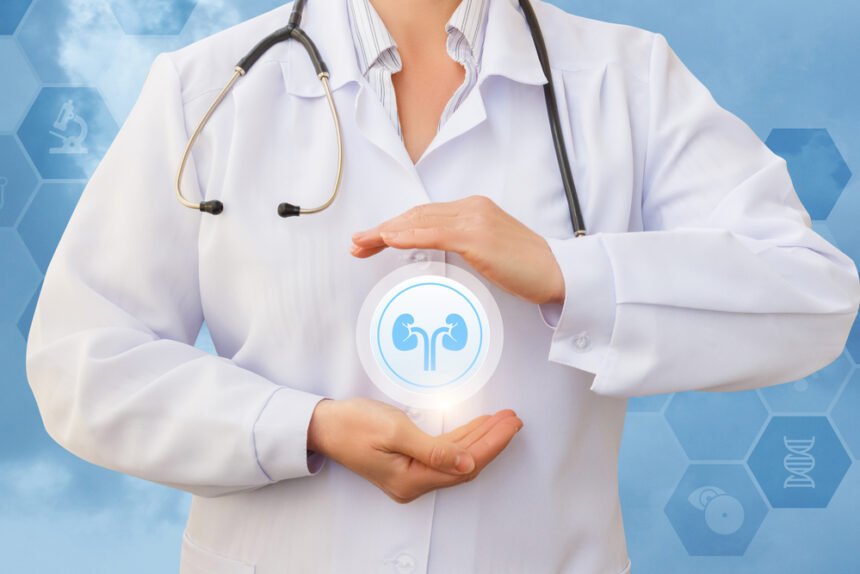The kidneys are two major organs that are vital to human life. They are two-bean shaped organs located in the abdominal area of the body. They filter excess water and other toxic substances from the blood which is later excreted as urine. They are also responsible for the secretion of hormones, regulation of blood pressure and many others.
Alt Kidney attest that their numerous functions cannot be overestimated as they make the organs essential to human lives. In this article, we shall examine seven tips for having a healthy kidney.
1. Eat A Healthy Diet
Food is an essential resource to human lives for we cannot survive without it. This doesn’t mean we should consume every edible substance within our reach. Rather, we should be cautious when consuming this resource by considering the right type, quantity and time. Here are some tips:
- Consume foods that are high in antioxidants. This means you can consume fruits and vegetables like cauliflower, cabbage, apples, cherry, strawberry, blueberry and many more.
- Consume healthy fats like olive oil as it is good for the kidneys.
- Avoid foods that are high in sodium, potassium and phosphorus like salts, milk, soft drinks and so on.
- Avoid foods that are high in cholesterol level. Foods such as fried foods, fast foods, processed meats (bacon, hot dogs, sausages) only contribute to kidney problems.
2. Exercise Regularly
Regular exercise is important for healthy growth and vital organs like the heart and kidneys. They help you stay active and keep fit. They are proven to help reduce the risk of chronic diseases that happen to major organs like the kidney and heart. They control blood pressure, improve blood circulation and make the heart stronger. Regular exercise does not involve rigorous activities that can make you tired or worked out easily. They involve simple exercises like walking, jogging, running, cycling, swimming or even dancing. This means you can perform exercise by strolling in your neighbourhood, jogging for about 5 minutes or dancing in your home.
3. Watch Your Blood Pressure
Normal blood pressure contributes to a healthy kidney. They help to reduce the risk of having kidney problems as well as other diseases in the body. Most times, these diseases are associated with diabetes, hypertension or cardiovascular issues. The average blood pressure for an individual is 120/80. To maintain figures related to this, you may have to consider your dietary plan, workout routine or other lifestyle patterns. You can also have a blood pressure monitor at home for regular use or visit your doctor if you don’t have one.
4. Remain Hydrated
The human body can survive for more than three weeks without food. However, you can only last for about four days without water. This makes water necessary to us all. Drink enough water that will keep you hydrated. Darker urine is a sign of dehydration. Avoid it. The average amount of water to be consumed a day is eight glasses of water. Consume more fluid but do not overdo it.
5. Avoid Smoking
Avoid smoking as much as possible. It only blocks the blood vessels – arteries and veins. This, in turn, decreases the flow of blood in the body and increases the risk of kidney diseases. Other diseases attached to it are high blood pressure, heart diseases among many others.
6. Control Blood Sugar
Controlling your blood sugar cannot be underestimated. It’s necessary and vital to your health. When your blood sugar is being controlled, your kidneys do not have to filter blood beyond the normal rate. High blood sugar is usually associated with diabetes and affects parts of the body like eyes, kidney, heart and so on. They can also lead to chronic diseases if proper precautions are not observed.
7. Go For Checkups
If you are at risk of kidney diseases, you may visit your doctor. Ensure you get a kidney function test. You may also do this regularly to avoid health complications. With this, you can live life without worries over your kidneys.
The Bottom Line
Healthy kidneys result in healthy lives. Ensure you follow the aforementioned guidelines that will make you worry less over your kidney. If you observe this and do not know what the problem is, you are advised to visit your doctor.

